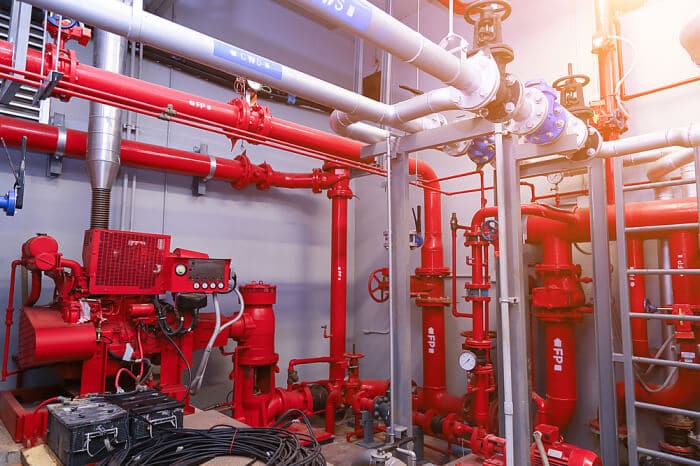
- Call Us
- +8618633052223
- njhdvlz@163.com
ធ្នូ . 04, 2024 17:51 Back to list
Choosing the Right Manufacturer for Your Valve Material Needs
The Importance of Material Selection in Valve Manufacturing
Valves are essential components in a wide range of industries, including oil and gas, water treatment, chemical processing, and power generation. The performance and reliability of a valve depend significantly on the materials used in its construction. This article will explore the various types of materials commonly used in valve manufacturing, discuss their advantages and disadvantages, and highlight the importance of selecting the right material based on the application requirements.
Types of Valve Materials
1. Stainless Steel Stainless steel is one of the most widely used materials for valve manufacturing due to its excellent corrosion resistance and mechanical properties. It is particularly suitable for applications involving high pressures and temperatures. Common grades of stainless steel used in valves include 304, 316, and 410. While stainless steel valves provide durability and a long service life, they can be more expensive than other materials, making them less suitable for budget-sensitive projects.
2. Carbon Steel Carbon steel valves are often used in low to medium-pressure applications. They are favored for their strength and durability, making them suitable for various industries. However, carbon steel is prone to corrosion, which can limit its application in environments with moisture or acidic substances. To overcome this, manufacturers may apply protective coatings or linings, although this can add to the overall production cost.
3. Brass and Bronze Brass and bronze are commonly used in valve manufacturing for applications involving water and gas. These materials offer good corrosion resistance and are relatively easy to machine. Brass valves are often used in plumbing applications, while bronze valves are suitable for marine environments. However, they may not perform well under high-pressure conditions compared to stainless and carbon steel alternatives.
valve material manufacturer

4. Plastic and Composite Materials For specific applications, especially in water treatment and chemical processing industries, plastic and composite materials are increasingly popular. These materials, such as PVC, CPVC, and PTFE, provide excellent corrosion resistance and are lightweight, making them suitable for various applications. However, they are generally not suited for high-temperature or high-pressure scenarios, limiting their use in more demanding environments.
5. Specialty Alloys In harsh environments, such as chemical processing or high-temperature applications, manufacturers often turn to specialty alloys, such as Inconel or Hastelloy. These materials are engineered to withstand extreme conditions, offering superior corrosion resistance and strength at elevated temperatures. However, their high cost limits widespread use, and they are typically reserved for specific, critical applications.
The Role of Manufacturers
Valve material manufacturers play a critical role in determining the quality and performance of the final product. When selecting a manufacturing partner, it is essential to consider their expertise in material science, production processes, and quality control measures. Established manufacturers often conduct rigorous testing of materials to ensure they meet industry standards and performance requirements. Collaborating with reputable material manufacturers can help ensure that the right materials are selected for each specific application, enhancing the overall reliability of the valve.
Conclusion
Choosing the appropriate valve material is crucial for ensuring optimal performance, safety, and cost-effectiveness in various applications. It requires a deep understanding of the operating environment, including factors such as pressure, temperature, and exposure to corrosive substances. By working closely with experienced valve material manufacturers, companies can leverage their expertise to select materials that best suit their operational needs while also considering economic factors. Ultimately, the right material choice contributes to the longevity and efficiency of valve operations, which is vital in industrial applications.
-
Stainless Steel Sanitary Butterfly Valve | Hygienic & Durable
NewsAug.02,2025
-
Double Flanged Short Pattern Butterfly Valve | Compact, Efficient Flow
NewsAug.01,2025
-
Precise 3-Inch Butterfly Valve Dimensions | Durable Flow
NewsJul.31,2025
-
3 Butterfly Valve Dimensions | GPT-4 Turbo Precision Specs
NewsJul.31,2025
-
Stainless Steel Sanitary Butterfly Valve for Hygienic Flow Control
NewsJul.30,2025
-
High-Performance Groove Butterfly Valve for Easy Installation
NewsJul.30,2025